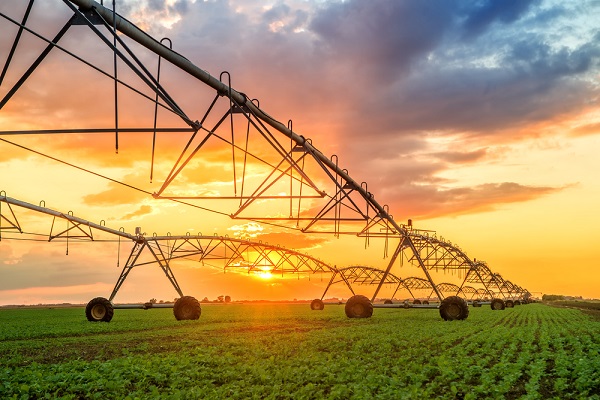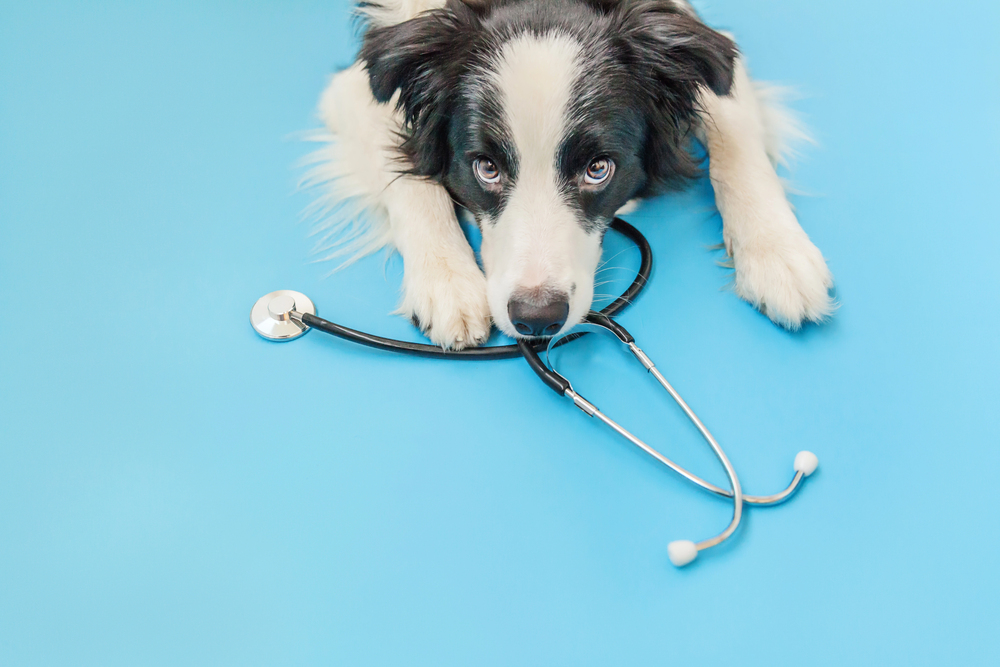How Improvements in Technology Have Turned Farming Into a Science

By: Olivia Overman
Agriculture is an industry as old as civilization. But to work in the agriculture business today necessitates an awareness that 21st-century farms operate very differently from the way they operated just a few decades ago. Modern technology continues to change everyday life, but what many people may not realize is the extent to which this technology impacts the farming industry.
Modern technology is used in all aspects of farming, transforming the industry by creating increased production and improved, environmentally sustainable, quality products.
At the heart of the crop and agriculture insurance market’s transformation is the precision agriculture approach to farm and agriculture management, which, in 2020, was valued at $6.5 billion and is expected to reach $23.1 billion by 2030, according to Allied Market Research. Innovation in this space continues to move at an exponential pace, presenting enormous opportunities for farmers and the carriers and independent agents who work with them.
“Technology is where we see some really exciting trends,” says Kenneth Grothe, assistant vice president, precision ag product manager, Hartford Steam Boiler. “Everything that you see in terms of the precision ag marketplace talks about autonomy. By 2030, we expect to see these big tractors and combine harvesters out in the field without anybody in them.”
The primary goal of precision ag is to strive for profitability, efficiency and sustainability on the farm, which can be achieved through a combination of technology and equipment, according to Trimble Agriculture.
For instance, “we’re chipping animals as they come into our precision dairies, as well as using mobile drones to spray in the fields,” Grothe says. “All that’s based on efficiencies and all those trends are certainly part of what we’re seeing in our industry—and the things that are impacting the insurance that we need to develop in the future.”
However, with all this technology, understanding the new liabilities that farmers now face can be an onerous but important task. “There are a tremendous number of technology solutions available for folks in the agricultural industry today,” says Dirk Pollitt, vice president, Nationwide Agribusiness. “When we talk to customers, they confirm that they need a valued and trusted partner to help them sift through the options.”
Modern farming technologies “are definitely expanding options for detecting and responding to damage, both on the producer side and with the insurer,” says Dan Bird, senior vice president, national sales manager, Rain & Hail.
And as clients move toward using sophisticated technologies, such as aerial images, GPS systems, and temperature and moisture sensors, they need to “make sure that they can employ those technologies that are the most applicable to their individual needs safely,” Pollitt says, which is where education comes to the forefront.
Risk mitigation and management are key areas of concern for all involved in the industry. Many carriers have forged partnerships with specialist firms, such as Razor Tracking and Zubie, that help ensure clients are able to safely and accurately track their machinery.
“These partnerships allow many carriers to offer clients services that focus on making their operations safer,” Pollitt says. Agents play a key role in “facilitating partnerships that offer those services and expose customers to alternatives that can help make their operations safer over the course of time.”
Not only are advances in technology “helping farmers improve yields and manage their operations,” says Jeff Bahr, head of sales & service, RCIS, but better reporting capabilities can also “help farmers expedite the acreage reporting process and establish records needed for crop insurance claims.”
“The coolest thing about agriculture is it sells itself, but there are so many things happening within it in terms of the technology that agents really have to stay in front of it in terms of coverage,” Grothe says. “If they don’t and a client loses a combine harvester, you could be looking at a loss of $600,000, which is more than a house in some instances. Not having the right coverage in place could be catastrophic.”
Agents play a central role when it comes to helping clients understand the risks their clients face. “We spend a lot of time on training and education with our agents to make sure that they understand what’s out there,” Pollitt says. “We’re also arming our associates with thermal technology to identify hotspots and breaker boxes, so that we can make sure the client understands their risks before they have a loss.”
But as is now the norm in every industry, “whenever you have connected devices, you allow a cyber threat,” Grothe says. “Cyber threats are permeated in agriculture through precision ag, and that’s why we continue to increase our coverages along with understanding the cyber threats.”
The role of agents in this ever-changing industry “will be different for each farmer,” Bahr says. “That requires agents to understand all the numerous products available to growers and how all these products work together to cover any gaps in coverage.”
Olivia Overman is IA content editor.










